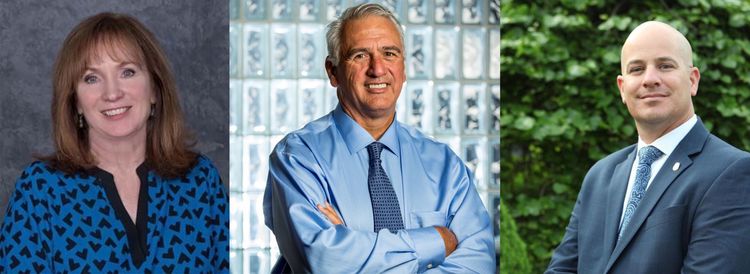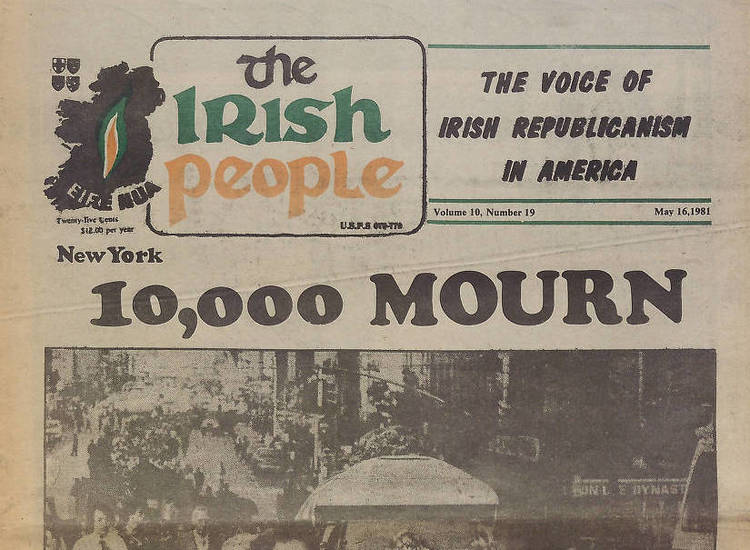The United States can be proud of its record in promoting political rights - free speech and adherence to the rule of law, which mandates treating all citizens equally.
It is noteworthy that former president Donald Trump’s assertion of privilege because he served in the White House has failed to get support in the judiciary. The administration of law operates above status or ebullient checkbook.
Unfortunately, the story is very different in the area of economic rights.
Steve Mnuchin.
According to OECD (organization of Economic Cooperation and Development) data, America has the second highest rate of poverty among developed countries, with 17.2% of the population living in that humiliating space – around 60 million citizens.
By comparison, other rich countries such as Canada, Germany, and Sweden score about half that percentage in this crucial measure of modern progress.
America is the only advanced economy that does not provide universal health coverage. Not surprisingly, the child mortality rate at 5.9% is significantly higher than in comparable Western countries. The average lifespan of Americans rests at 78.8 years, five years less than Japan.
Deprivation percentages at home and comparisons with other countries often elicit a yawn from readers, and in truth these can camouflage the real deprivation and human suffering of people living on the far edges of the American community.
Poverty is not just one seemingly unsurmountable obstacle waiting to be dealt with. It is an amalgam of daily deprivations and humiliations confronting multiple millions of Americans in every corner of the country.
A map showing poverty levels in the most poverty-stricken states. Illustration by Friends Committee on National Legislation.
We are talking about the daily endurance of single mothers trying to feed their children before heading for low-paying jobs or stressed-out parents dealing with predatory debt collectors or threatening landlord notices evincing a nauseating fear of eviction.
Around 50% of American workers barely make it from one paycheck to the next. They are told that they are lucky to have a job in “the greatest country in the world.” A recent study revealed that most of these workers could not meet an emergency bill for $400.
This reminds me of a verse from Thomas Grays's wonderful poem “Lines Written in a Country Churchyard,” where he bemoans the undeveloped, unused talents of the people buried in the graveyard.
But Knowledge to their eyes her ample page
Rich with the spoils of time did ne’er unroll;
Chill Penury repress’d their noble rage,
And froze the genial current of the soul.
Access to top educational facilities at all levels is tied to socioeconomic standing. Money talks, as the saying goes, and something else walks. An occasional kid from the ghetto will make it into a top college and a lucrative career. They are paraded as proof that the door to success is wide open in America, but statistics show that only exceptional sportsmen or a few academically gifted and determined students break through an invisible stop sign.
We are talking about the daily endurance of single mothers trying to feed their children before heading for low-paying jobs or stressed-out parents dealing with predatory debt collectors or threatening landlord notices evincing a nauseating fear of eviction.
All the studies show that poverty is an intergenerational phenomenon. Certainly, doors open wide for the children of the richest 1%. They have family connections with fat check books that guarantee acceptance in top colleges and ensure board room jobs in due course. The vast majority of top earners were born into privileged families.
The federal minimum wage was set at over seven dollars an hour more than ten years ago. Even in states where it is double that, minimum wage jobs simply do not provide a basic standard of living, especially for families. More than twenty-five million people in the United States live in households paying more than half of their income for rent.
These families may be managing to meet their obligations now, but they are only one unexpected serious illness or broken-down vehicle away from eviction court. Decades of research show that each eviction causes major damage not only to a family’s finances, but also to their physical and mental health. A period of homelessness leaves a dark mark, especially on the psyches of children.
How do the plutocrats who run the country justify so many citizens living in abject poverty while millionaires and billionaires are accorded every economic privilege? Surely, taxation policies should endeavor to remediate this upside-down situation.
The last big tax bill during the Trump administration, which resulted in adding trillions to the national debt, dramatically benefited the richest people in the country – the more billions you had, the more you got from the national treasury. To be specific, 82% of the benefits went to the richest 1% in the country.
Steven Mnuchin, the then Treasury Secretary, justified this generous dole for the wealthiest citizens by promising that these giveaways would result in financial benefits for the middle class. In fact, he repeatedly promised that the billions going to the super-rich would trickle down and enrich ordinary workers. Furthermore, he assured the country that this reckless financial approach of cosseting the super-rich would, somehow, result in lowering – not ballooning - the national deficit.
The philosophy behind this version of extreme capitalism practiced in the United States revolves around a facile theory that hungry or near-hungry people will work harder to break out of their disability. The rich do not need any such motivation because they have plenty of money, which they tell you they worked hard for, and certainly, they shouldn’t be expected to provide the means for the government to give handouts to the poor.
Some readers will feel that my analysis is unfair to the many people who have worked hard to develop businesses. I applaud their success, but my core question remains: Why are so many people, especially children, living in such dire circumstances at a time when the richest country in the world gets richer every month by comparison with all its competitors.
Thomas Gray highlights the sadness of this inequality in another stanza from his poem.
Full many a gem of purest ray serene,
The dark unfathom’d caves of ocean bear:
Full many a flow’r is born to blush unseen,
And waste its sweetness in the desert air.









